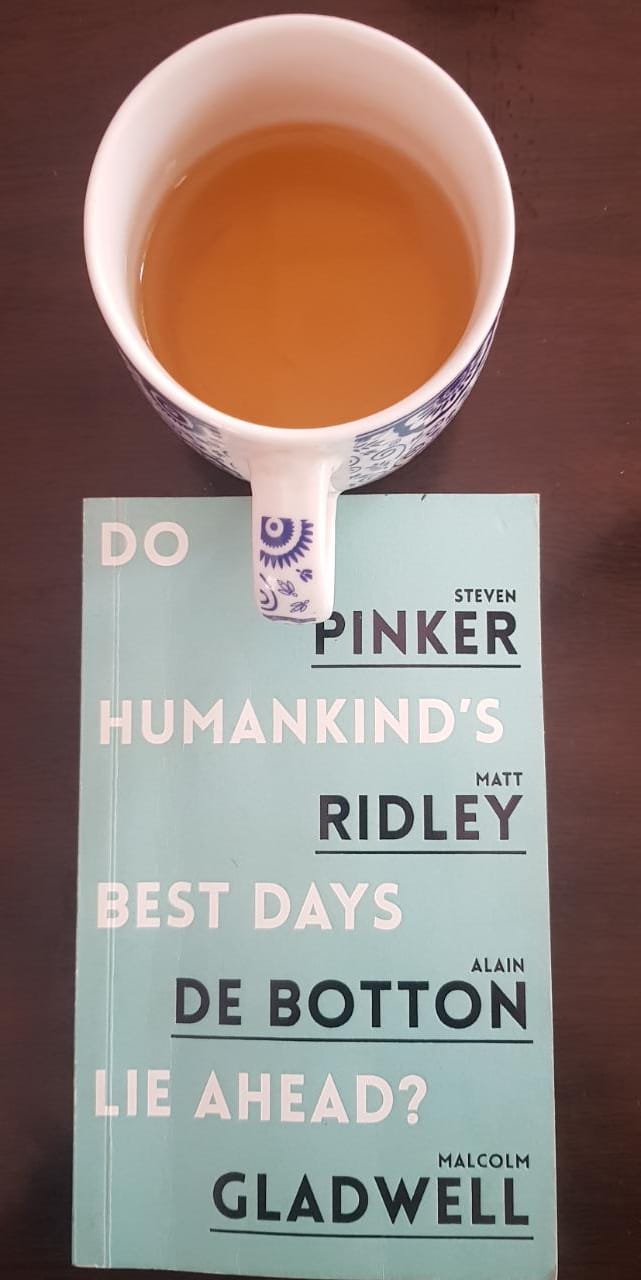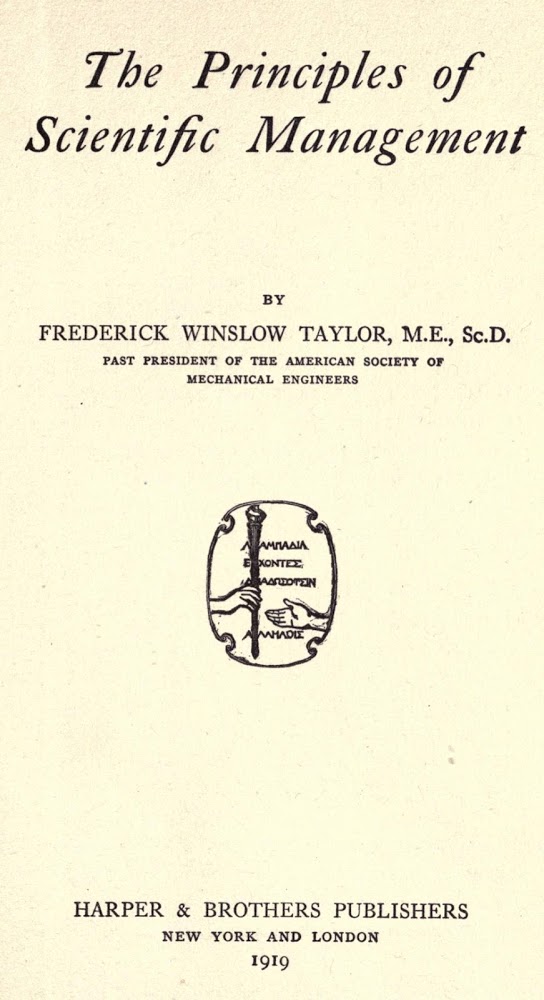Introduction
It was probably three years back that I happened to read this book “SUPERINTELLIGENCE..Paths, Dangers, Strategies” by Nick Bostrom which opened up my eyes to the whole area of Artificial Intelligence. This book was somehow gaining ground in the last few years and as a keen observer of technology I happen to have a glimpse of it in the online world. Rather than waiting for the reviews to come in, I thought about reading the book myself and drawing my own conclusions from it.
I never regretted the fact that I ordered superintelligence and I also do not regret the time I spent on this book. Even today I felt like reading the book again and then it occurred to me to share my observations about it to all the passionate readers on this platform.
In fact it is my observation that anybody who has some interest in technology would never regret reading this book. This book talks about the abstract world of ultra-intelligence and how such machines can be created which can be exact replicas of the human mind. This book also gives insight into the technical aspect of super-intelligence and also deals with the dangers the world may be facing in the future.
The Main Aspect
To the casual reader this book would seem rather abstract, dry and at times awkward also. But the fact is that this book is not to be read in full by each and every one of us. The author himself confesses that it was very difficult for him to write this book and explain it in the simplest terms.
So it is normal for anyone to find it difficult, at times, to grasp and understand all the subject matter. The reader must not panic but try to get the sense of the whole issue under discussion.
The author accepts the fact that he could not make the book more easier for casual readers to read and so it's quite an honest admission. We must appreciate that this book requires some level of insight and a love for the abstract to enjoy the whole depth of the book.
My advice is that whatever you can read inside this book you must read and understand it. Whatever you cannot grasp you should try to skip it by understanding the main aspect. But one thing is for sure. You must read this book, even one third of it, to understand the whole world of super intelligence and the way Artificial Intelligence will shape the contours of our existence.
The book has historical connotations also. Nick Bostrom delves into the details as to how the AI concept came into the scientific world and how it shaped itself to the place where it is now. In this book the readers find the path and strategies that led to the development of this super intelligence and the initial problems faced by this concept. It also talks about the dangers of Superintelligence to the world in general and to humans in particular.
The book at times tries to explore philosophically the concept of super intelligence rather than through direct scientific and technological routes. This is where the beauty of the book lies. That is why at some places we can find that the colour of the whole debate about super intelligence has a philosophical tinge to it.
The Central Thesis
We must not forget that the author Nick Bostrom is a professor of philosophy at the University of Oxford. So it is but natural that he will philosophize about the different aspects of super-intelligence. The book never shies away from discussing the fate of humanity whenever the term super-intelligence comes into the central question.
The truth is that there cannot be any discussion on Super-Intelligence without the discussion of what humanity would do in future when Artificial Intelligence comes into the full operational being. This book endorses this central philosophy of the whole arguments on the matter of super intelligence.
While discussing the future fate of humanity, the author is brutally honest. He makes an analogy and says very eloquently that the fate of the Gorilla who is so much physically stronger than humans depends entirely upon the intelligence of the humans. Similarly when Artificial Intelligence surpasses the human brain the faith of humanity as well would depend on the intelligence of the super intelligence.
Another aspect of the book is that it gives you a very detailed insight into the world of super intelligence and not the casual knowledge you get from other such books. This book is a serious study on super-intelligence and how it is going to change the shape of our existence as well.
The interesting aspect of the book is that it tells you about the nature of super intelligence and how it is going to create issues in the future. It does not fear telling you the good and the bad aspects of super intelligence and how it can as well be a threat to human existence in itself. But at the same time humans cannot stop creating machines which are more intelligent than before and this is also the echoing point of the book.
Hence the author has the Central Thesis that super intelligence must be created with the philosophy of the “ Common Good Principle”.
The Moments
There are many interesting moments from the book which are intellectually stimulating. I will quote a few of the defining moments which bring out the theme of the book. For instance the mathematician I.J. Good was the first who in no uncertain terms described & defined a super intelligent machine or the Superintelligence or the AI. Let us read his observations about AI in 1965...
“Let an ultra intelligent machine be defined as a machine that can far surpass all the intellectual activities of any man, however clever. Since the design of Machines is one of these intellectual activities, an Ultra intelligent machine could design even better machines; there would then unquestionably be an “intelligence explosion” and the intelligence of man would be left behind. Thus the first Ultra intelligent machine is the last invention that man needs ever make, provided that the machine is docile enough to tell us how to keep it under control.”
The one area that really interested me was the distinction between software and AI. The book tries to answer it and an excerpt is mentioned below.
“Now, it must be stressed that the demarcation between artificial intelligence and software in general is not sharp. Some of the applications listed above might be viewed more as generic software applications than as AI in particular -though this brings us back to McCarthy's dictum that when something works it is no longer called AI.”
What I Liked
I liked the approach of the author from the very beginning. He has a straightforward and honest approach all along the journey. Further the book forces the reader to think and contemplate about certain aspects of superintelligence.
This book allows us to visualize super-intelligence right before our eyes and we can instantly correlate it with the everyday development that is happening in the technological field. The issues that have been discussed in the book along with its resultant effects in society makes the book more interesting. The reader finds that what is being said is actually happening right in front of them and that makes the book more trustworthy.
Another thing that the book aims at is very simple vision. This book is not only for the technical people but for everybody who wants to understand the incoming AI Revolution.
What I Did Not Like
The author confesses that he tried to make it easy but let me tell you the one thing which he may have missed is the huge number of pages. Yes, the book is thick and it immediately gives you the feeling that it needs a lot of time for you to read it. This possibility along with the abstract word of Artificial Intelligence scares the readers initially.
Another thing that I feel there should have been an improvement is in the font style and size. The font style & size strains your eyes and it creates a little difficult environment for your eyes to go through the whole reading business.
I don't know about the latest version of the book but whatever I am having with me has this disturbing font style & size issues. This comes as an obstacle in your focussed approach to reading this book.
Finally....
The author tried his best to make the difficult subject as interesting and as simple as possible. But in a subject like Artificial Intelligence and Super Intelligence and connected technical fields, it becomes really difficult for any author to make it simple beyond a point.
As I mentioned before you don't need to read each and every line and every chapter of the book. When you begin the book you will understand where you have to stop and from where you have to begin again.
My advice is to read the practical aspect of the book and leave aside the core technical aspects out of your ambit. This advice is only for those who do not want to delve deep inside the technicalities of it.
Whatever may be your approach to reading the book it does not matter much. What would matter ultimately is that you must read the book to understand the incoming Revolution...The SUPERINTELLIGENCE.

 Get a PDF Free Book
Get a PDF Free Book







